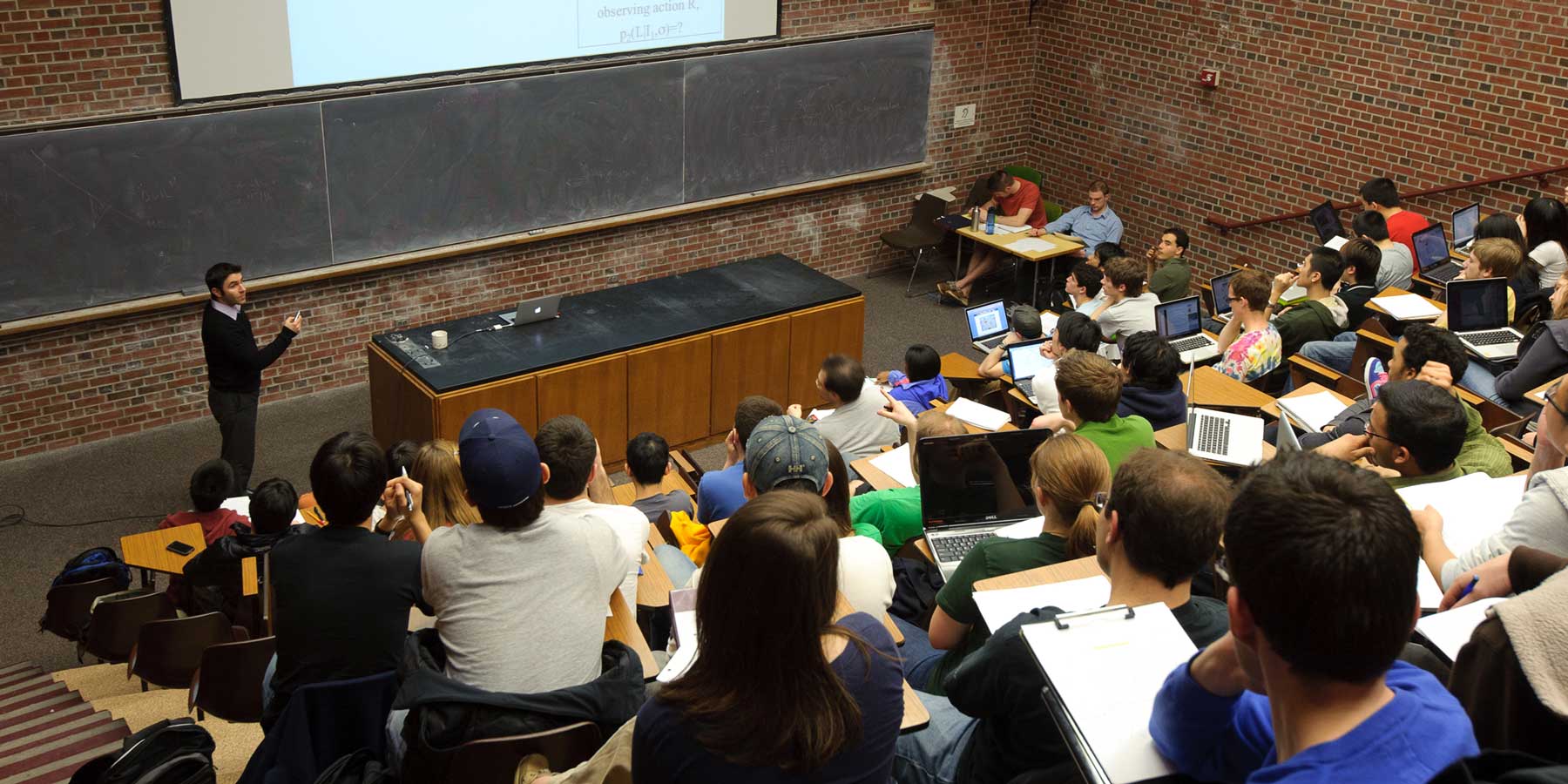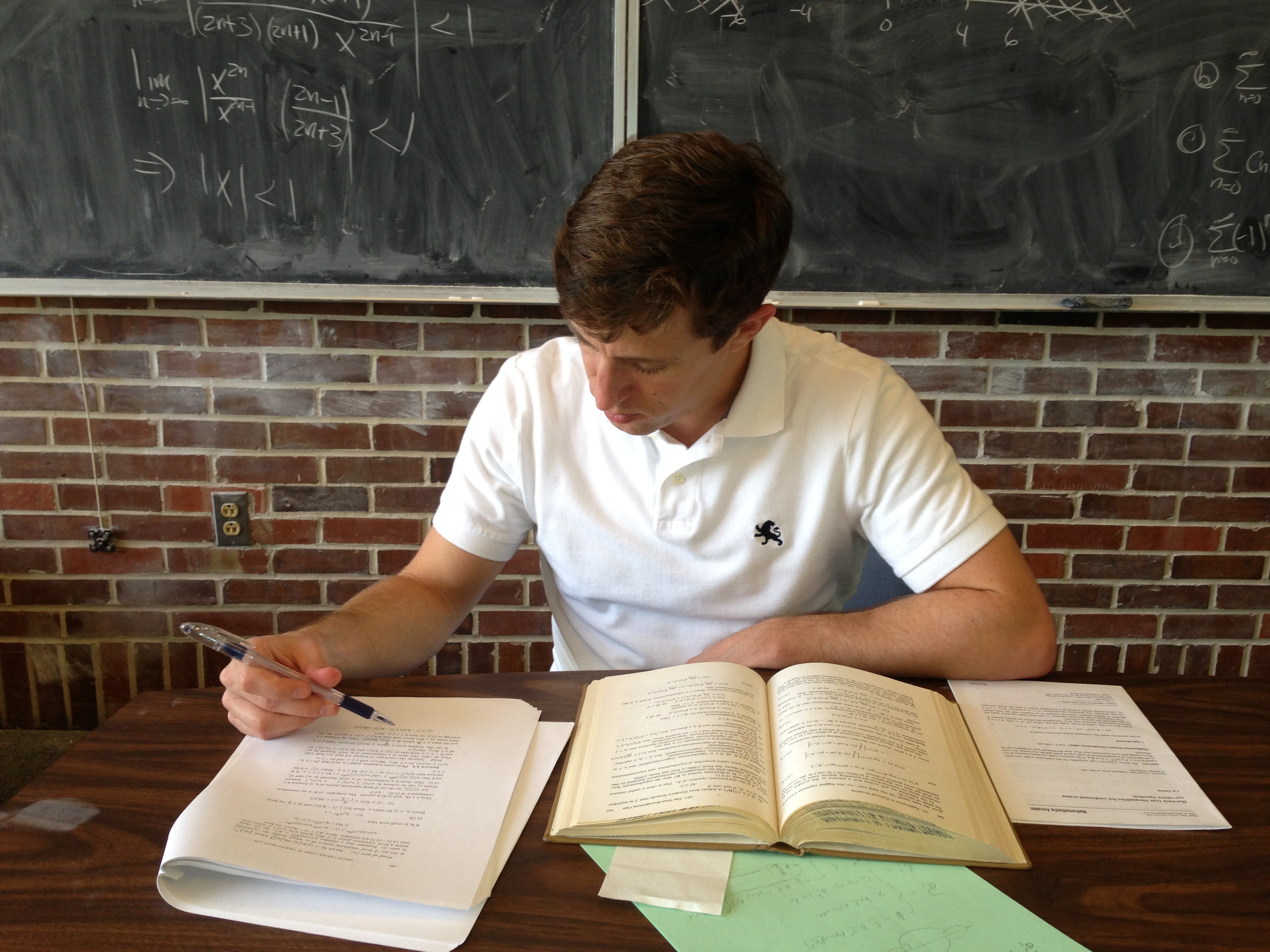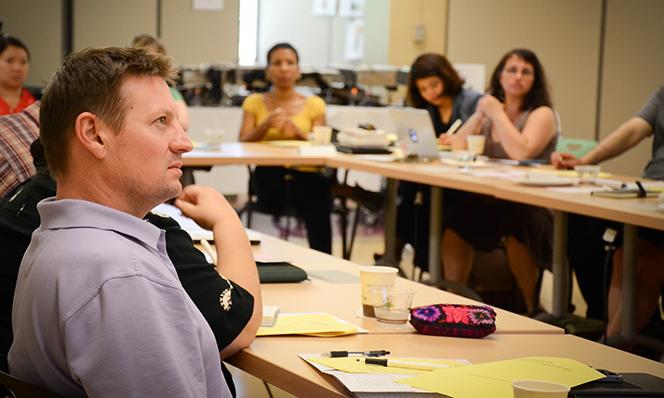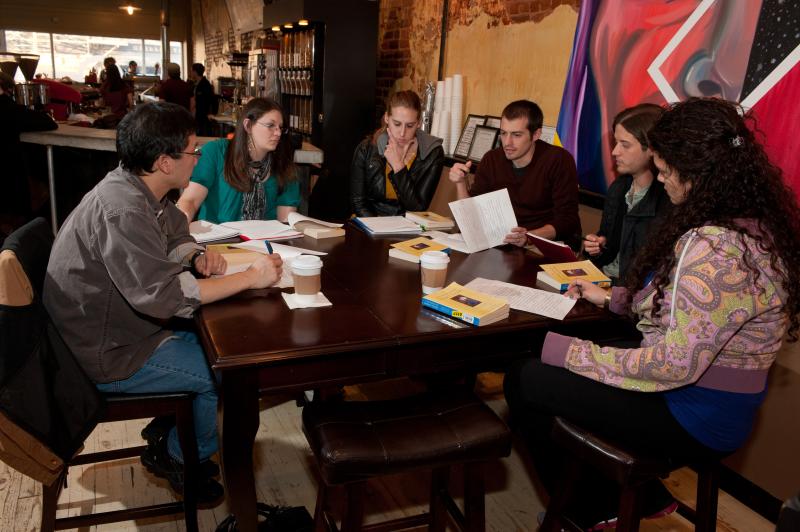By Mikal Cardine
Mikal is a senior studying English at George Mason. She previously worked with WAC to create disciplinary writing guides for student use. To reach her, please contact wac@gmu.edu.
In the subjective world of writing, there doesn’t seem to be any rules – just lots of different guidelines as we students move from class to class. However, effective communication is what writing is all about, and professors can best teach their students this skill by practicing it themselves, especially regarding their expectations of writing assignments. Before assuming that we know what is expected of us, professors need to consider our circumstances and differences: Some of us have not been in a focused writing class in years. Some of us have not taken 302 before taking the WI course. Some of us placed out of first year writing, or have transferred to Mason and are still adjusting to new professors and new expectations. And of course, most of us have probably received terrible writing instruction at some point.





